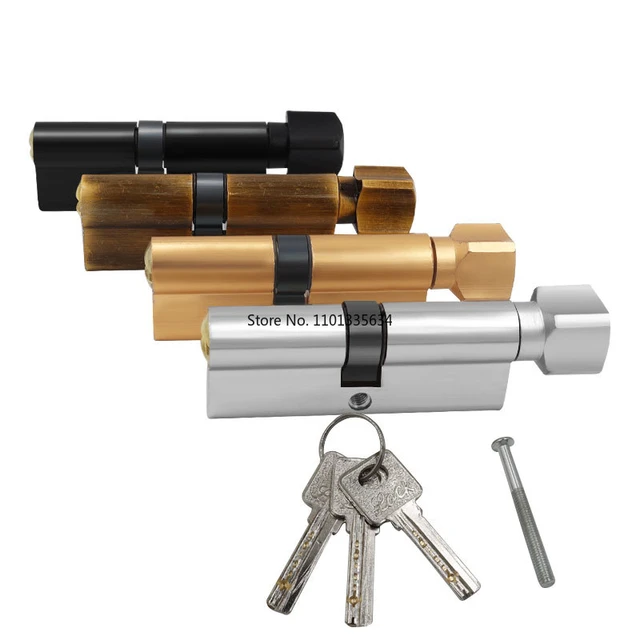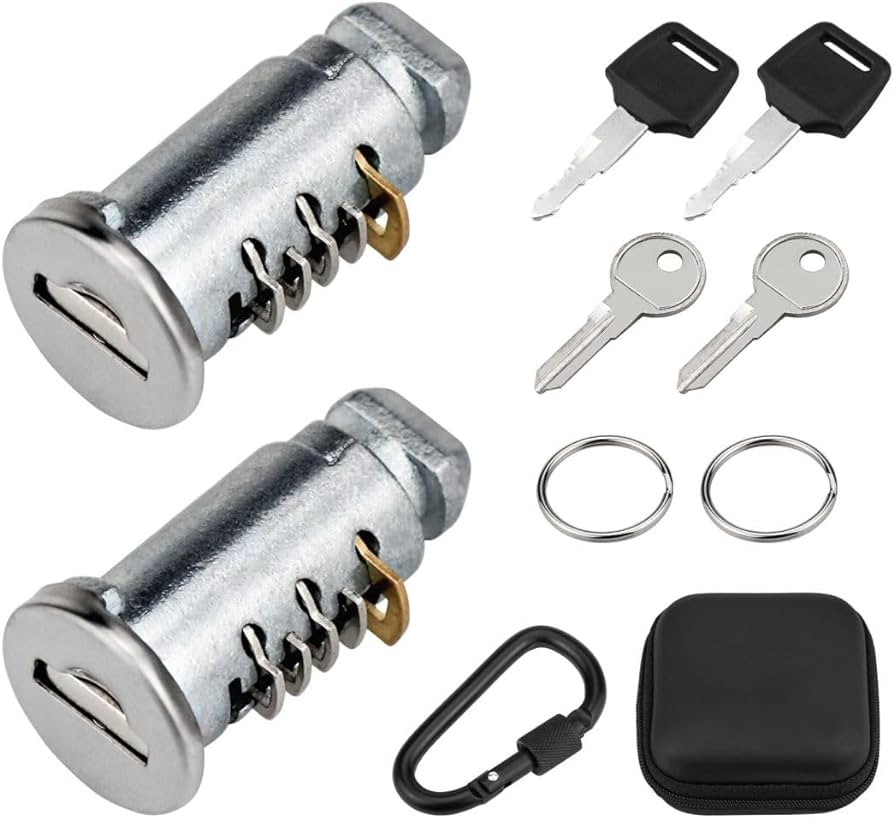Introduction
Changing a lock core to match a key is a smart move when you want to enhance security and convenience in your home or business. Imagine a specific situation: getting on top of all your locks—each having its own key—is going to be difficult. Or perhaps you’ve moved into a new place and want to ensure that only one key opens all the locks. That’s where changing it to match a key comes in handy. When doing this, you may improve access and reduce the necessity of many keys by changing the lock’s old inner with a new one that matches a specific key. The ability to change it according to a key is a useful ability that may greatly simplify life, whether you’re wishing to boost protection, improve managing access, or simply find a more simple option. We are going to look at this system’s steps and usefulness in a wide range of examples during the introduction.

How change lock core to match key
To change a lock core to match a key, you’ll need to follow a few steps carefully:
Remove the Lock Cylinder: Start by disassembling the lock to access the cylinder. To take out the lock piston from the lock housing, lightly unscrew every screw keeping it fixed with a screwdriver.
Extract the Old Core: Once the cylinder is out, locate the retaining clip or set screw that holds the core in place. Remove this clip or screw using the appropriate tools, then slide out the old core from the cylinder.
Insert the New Core: Take the new one that matches your desired key and insert it into the cylinder. Ensure it fits snugly and aligns properly with the keyway.
Secure the New Core: If the new core comes with a retaining clip or set screw, use it to secure the core in place within the cylinder. Make sure it’s tightened securely to prevent any movement.
Lock Reassembly: Insert the piston back into the lock casing to complete the lock creation after the fresh core has been successfully inserted. Secure any screws or fasteners to hold the lock in place.
Test the Key: Finally, test the new key in the lock to ensure it operates smoothly and the core matches perfectly. If everything looks good, your lock core should now be successfully changed to match the key.
What are the common mistakes to avoid when changing the lock core to match the key?
When changing a lock core to match a key, it’s essential to avoid common mistakes to ensure a smooth and successful process.
Not selecting the correct lock core: Choosing a lock core that is incompatible with the key can result in functionality issues or damage to the lock.
Skipping the proper measurements: Failing to accurately measure the existing one and key can lead to selecting the wrong replacement, causing compatibility problems.
Not securing the lock properly during disassembly: Neglecting to secure the lock or handle it with care during disassembly can result in damage to the lock components or difficulty reassembling it correctly.
Misplacing small parts: Losing small components such as retaining clips or set screws can hinder the reassembly process or compromise the lock’s security.
Forgetting to test the new key: Neglecting to test the new key thoroughly after installation can lead to functionality issues or the need for additional adjustments.
Over-tightening or under-tightening screws: Improperly tightening screws during reassembly can affect the lock’s performance and longevity.
Failing to lubricate moving parts: Not applying lubrication to moving parts can result in friction, wear, and ultimately, lock failure over time.
Ignoring manufacturer instructions: Disregarding manufacturer guidelines or recommended procedures can lead to errors or damage to the lock.
Attempting the task without proper tools: Trying to change it without the necessary tools or expertise can result in damage to the lock or injury to oneself.
Not seeking professional assistance when needed: If you are unsure or uncomfortable with the process, attempting to change the lock core without professional assistance can lead to mistakes or incomplete installations.
What is the best place to learn more about lock core
For those seeking comprehensive information about lock cores and related products, Junying Metal Manufacturing is an excellent resource. Their website offers a wealth of knowledge on various aspects of cores, including materials, designs, and applications. With years of experience in metal manufacturing, Junying Metal Manufacturing provides valuable insights and expertise to both industry professionals and DIY enthusiasts alike. Whether you’re looking to understand the intricacies of these cores or seeking high-quality products for your projects, their website serves as a reliable hub for learning and sourcing. Explore Junying Metal Manufacturing’s website today to learn everything you need to know about cores and more.

FAQs
What does it mean to “change a lock core to match a key”?
Changing a core involves replacing the internal mechanism of a lock so that it operates with a different key, essentially making it match a new key.
Can a lock be changed without needing the lock core to be changed?
Yes, it is possible to change some locks without having to change the core completely. But the maker and kind of lock may have an impact on this process.
Can I use any key to match a lock core, or does it need to be a specific type?
The key must be compatible with the device you’re installing. Attempting to use an incompatible key could damage the lock or result in it not functioning properly.
Are there any risks or complications associated with changing a lock core?
While changing this is generally straightforward, there is a risk of damaging the lock or key if not done correctly. It’s essential to follow the proper steps and exercise caution throughout the process.
How can I ensure that the new key operates smoothly with the changed lock core?
After changing it, it’s crucial to test the new key thoroughly to ensure smooth operation. If there are any issues, such as sticking or difficulty turning the key, adjustments may be necessary.
Conclusion
In conclusion, changing a lock core to match a key is a practical and sometimes necessary task that can enhance security and convenience. Whether you’re replacing lost keys, consolidating multiple keys into one, or upgrading to a more secure key system, understanding how to change it is a valuable skill. By following the proper steps and taking necessary precautions, you can successfully change it and enjoy seamless operation with your chosen key. Remember to test the new key thoroughly to ensure smooth functionality, and always prioritize safety throughout the process.
